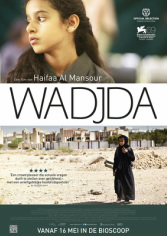
Afterwards I happened to get talking with a woman who had seen the film and felt the need to share how much the film had upset and depressed her. She was focussing on the position of women in Saudi society, equating it with women in Islam and felt the situation rather hopeless. I, however, found the film very hopeful. For one thing it was the by first full-length feature film ever shot in Saudi Arabia by Saudi Arabia's first female film director and the credits stated that it had been filmed with the permission of a Saudi prince. This film is a critique of the place of women within the traditional society of Saudi Arabia and as such is a sign of hope. It challenges the preconceived ideas of how Muslim women should dress and conduct themselves both in public and in private. I am sure it will be considered controversial by many traditionalists but it has surely opened up an area for discussion and debate which can only push boundaries and open up new horizons.
Non-muslims often criticise the religion because of what they see as the oppression of women and point to traditional dress as proof of this. This film shows that women in traditional societies struggle with the same kind of issues as other women do and are capable of criticising their own society and culture. This kind of criticism is not alien to interreligious dialogue. In dialogue we try to understand the other's perspective, particularly if we do not at first understand the culture or tradition and in some instances find it disturbing. But we are also challenged to consider our own perspective and reconsider some our own religion's approach to questions such as the place of women. Interreligious dialogue can lead to intra-religious dialogue and it is this dialogue which is transformative. "Wadjda" is a contribution to this intra-religious dialogue and a film that will challenge and uplift anyone who cares to watch it.


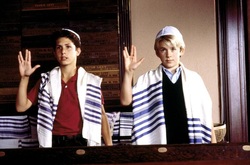
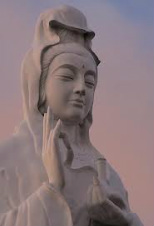
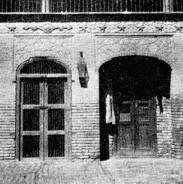
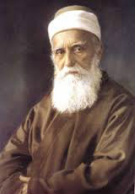

 RSS Feed
RSS Feed
